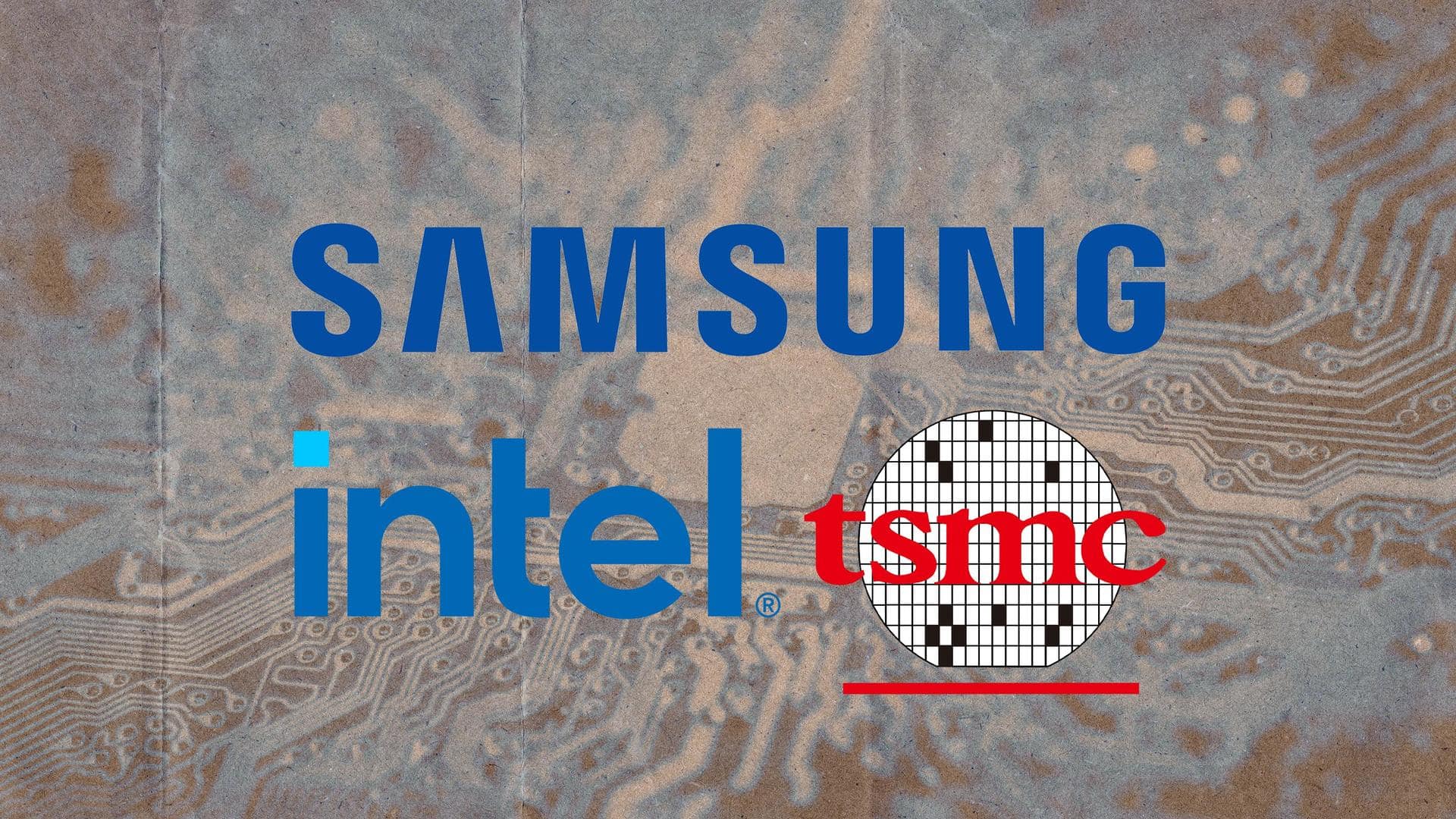
Chipmakers like Intel, TSMC, Samsung are performing poorly: Here's why
What's the story
These are trying times for chipmakers worldwide. The quarterly results of some of the world's semiconductor giants are worse than expected.
Taiwan Semiconductor Manufacturing Company (TSMC), Intel, and Samsung are among those affected. With the short-term outlook remaining glum, the chip industry's struggles are expected to continue for a while.
Let's have a look at what's causing these struggles.
Fall
Semiconductor industry has been declining since September 2022
The semiconductor industry has enjoyed years of robust growth. The demand for chips reached its peak during the pandemic.
However, since mid-2022, things have been different. In September last year, global chip sales fell for the first time since January 2020.
The chip market has been on a steady decline after that. The quarterly results of semiconductor manufacturers are a testament to that.
Quarterly results
The first quarter was awful for Intel and Samsung
Intel, one of the world's biggest semiconductor companies, announced its results for the first quarter of 2023. The company's revenue fell 36% to $11.7 billion.
The firm also posted a loss of $2.8 billion, its biggest-ever quarterly loss. Intel's rival, Samsung, recorded an operating profit of $478.55 million, down 95% from the previous year.
It was the company's worst quarterly operating profit since 2009.
Information
TSMC recorded smallest growth in net income in 4 years
Things aren't any different at TSMC, the world's leading semiconductor company. In Q1, the Taiwanese chipmaker recorded a 2% year-over-year rise in net income, but it was the smallest quarterly growth in about four years. Revenue fell 4.8% year-over-year.
Stockpiling
Smartphone and PC makers have excess inventories of chips
The semiconductor industry is facing a stockpiling problem. During the pandemic, smartphone and PC makers increased their chip inventory as the demand for their products was sky-high.
However, rising inflation and recessionary fears forced customers to cut down on spending after the pandemic. This left companies with excess inventories, causing a fall in the demand for chips.
Information
Falling PC sales have hurt the chip industry
The consistent fall in PC sales has also affected the chip industry. Global PC shipments fell by around 30% year-over-year in the first quarter of this year. PC sales in 2022 fell by 16.2% compared to 2021.
Economic headwinds
Macroeconomic headwinds have also affected chip sales
The semiconductor industry is known for mimicking the global economy. It seesaws through rises and falls as the economy does the same.
The current economic climate is not conducive to growth. Macroeconomic headwinds are as strong as ever, with recessionary clouds looming large.
The economic climate has played a significant role in the semiconductor industry's troubles.
US-China
US-China tensions have further destabilized the industry
The US-China standoff has added to the worries of the chip industry. Washington's insistence on isolating China's semiconductor industry with the help of its allies has further destabilized the industry.
China is now struggling to produce cutting-edge chips as it's cut off from advanced equipment. Although this has no direct implication on demand, it is an unwanted strain on the struggling semiconductor industry.